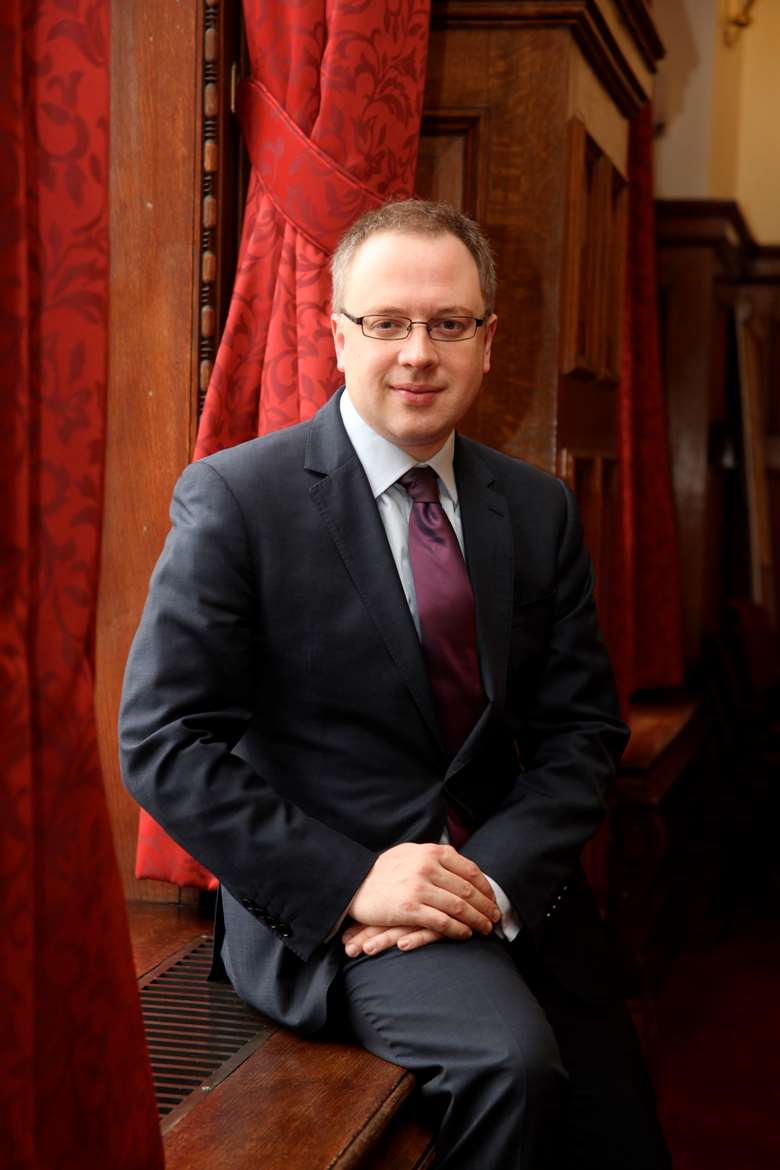LGA chief: Give councils oversight of alternative education provision
Jess Brown
Monday, September 19, 2016
Councils must have powers to ensure specialist education provision for excluded pupils does not become a "dumping ground" if government school reforms go-ahead, the chair of the Local Government Association's (LGA) children and young people's board has said.

Under plans outlined in the education white paper, responsibility for running alternative education provision - such as pupil referral units and other specialist facilities that help young people who struggle to learn in mainstream school settings - will transfer from local authorities to schools.
But the LGA's Richard Watts said local authorities must be able to intervene to protect against schools placing children in alternative provision inappropriately, particularly as this group do not count towards school performance results.
"Keeping schools accountable for children's outcomes is absolutely crucial in ensuring high quality decision-making is made for those children to avoid alternative provision being used as a dumping ground," Watts said.
"Councils need some backstop powers in order to ensure our legal duty that everyone has a school place is actually deliverable in practice.
"What I think should happen, particularly in secondaries, is that schools need to take day-to-day responsibility, and local authorities should act as a regulator and backstop."
Speaking at a Westminster Education Forum conference, Watts also called for councils to be given greater powers to place excluded children into academies.
Councils are able to direct a council maintained school to take on a pupil if they have been permanently excluded. However, they do not have the same powers over academies, and must appeal to the Education Funding Agency if an academy is unwilling to take a child.
"We do think that for some children in the alternative provision cohort, we will be seeing difficulties in a more heavily academised system around ensuring everyone has a school place," Watts said.
"Councils must have the power to direct academies if an agreement cannot be reached and the council judges that admittance to an academy is in the best interests of a hard-to-place or excluded child."
He added that councils can ensure the education system is working for vulnerable pupils.
"It's quite clear to us that local authorities need the powers to make good on the government's rhetoric about us being the champion of children and parents in each area," he said.




